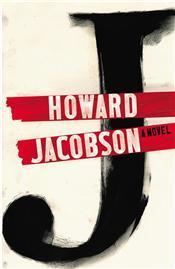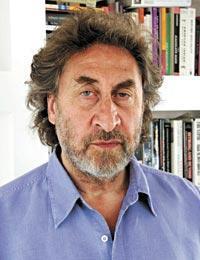
An alternate cover edition can be found here. Set in the future - a world where the past is a dangerous country, not to be talked about or visited - J is a love story of incomparable strangeness, both tender and terrifying. Two people fall in love, not yet knowing where they have come from or where they are going. Kevern doesn't know why his father always drew two fingers across his lips when he said a world starting with a J. It wasn't then, and isn't now, the time or place to be asking questions. Ailinn too has grown up in the dark about who she was or where she came from. On their first date Kevern kisses the bruises under her eyes. He doesn't ask who hurt her. Brutality has grown commonplace. They aren't sure if they have fallen in love of their own accord, or whether they've been pushed into each other's arms. But who would have pushed them, and why? Hanging over the lives of all the characters in this novel is a momentous catastrophe - a past event shrouded in suspicion, denial and apology, now referred to as What Happened, If It Happened.
Author

Howard Jacobson was born in Manchester, England, and educated at Cambridge. His many novels include The Mighty Walzer (winner of the Bollinger Everyman Wodehouse Prize), Who’s Sorry Now? and Kalooki Nights (both longlisted for the Man Booker Prize), and, most recently, The Act of Love. Jacobson is also a respected critic and broadcaster, and writes a weekly column for the Independent. He lives in London. Profile of Howard Jacobson in The New York Times. “The book's appeal to Jewish readers is obvious, but like all great Jewish art—the paintings of Marc Chagall, the books of Saul Bellow, the films of Woody Allen—it is Jacobson's use of the Jewish experience to explain the greater human one that sets it apart. Who among us is so certain of our identity? Who hasn't been asked, "What's your background" and hesitated, even for a split second, to answer their inquisitor? Howard Jacobson's The Finkler Question forces us to ask that of ourselves, and that's why it's a must read, no matter what your background.”—-David Sax, NPR.